Pope Francis, American Churches, and Palestinian Rights
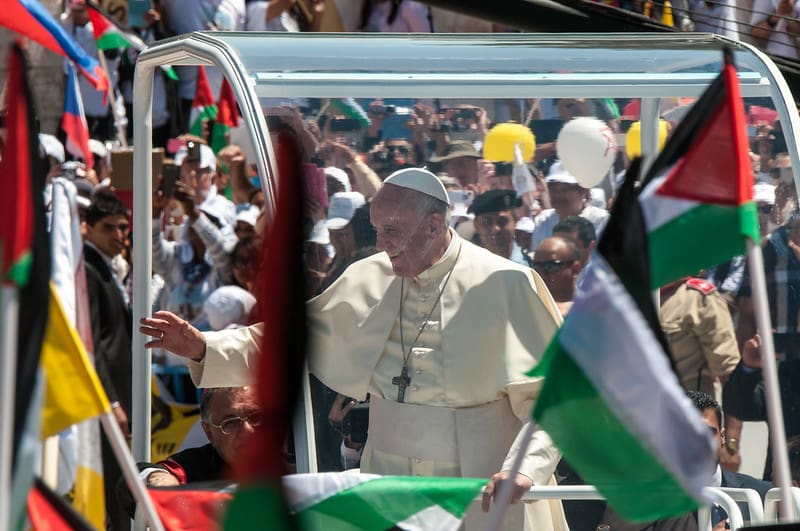
Pope Francis has attracted attention for his support of causes the establishment ignores, including the rights of the Palestinian people. And yet the US Catholic Church lags behind other American churches. Al-Shabaka’s Grace Said and 24445 take advantage of the Pope’s US trip to challenge his church to go further.
EU Alarmed by Israel, Frustrated by Palestine
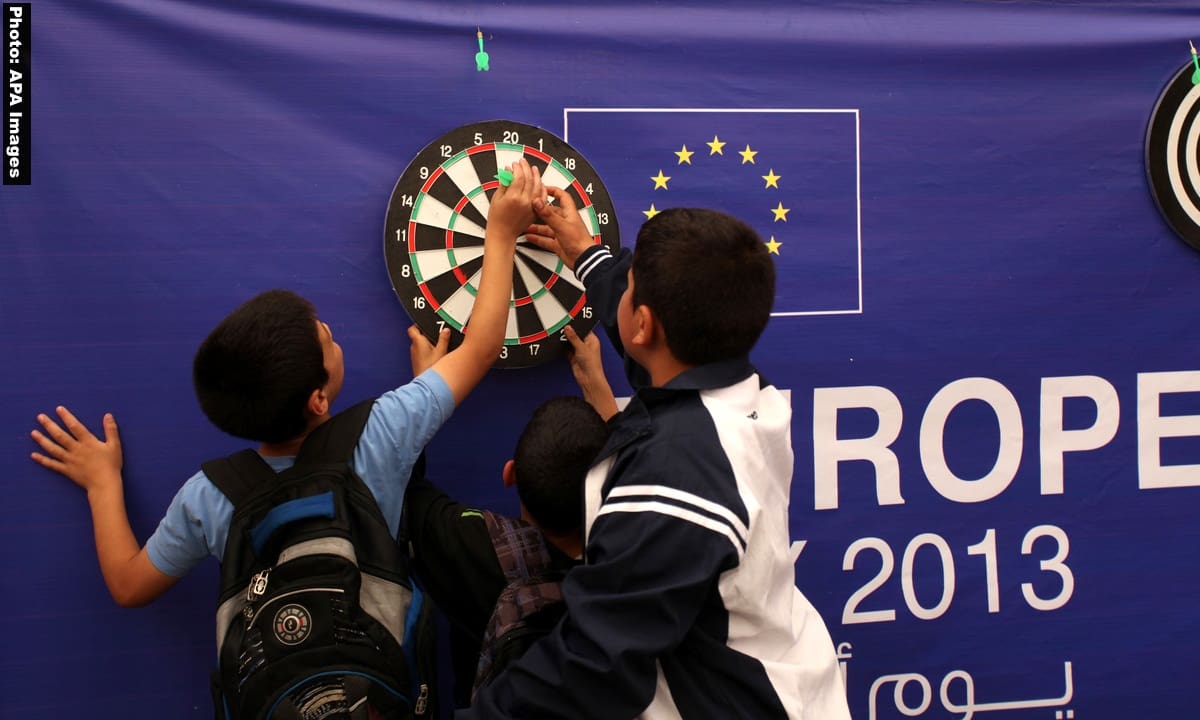
European Union actions to put a cost to Israel’s occupation are modest, but they are putting the EU on an unstoppable collision course with Israel, writes Al-Shabaka Executive Director Nadia Hijab. But will Palestine put its house in order in a coherent strategy to fulfill Palestinian rights to freedom and justice?
Beyond the Apartheid Analogy: Time to Reframe Our Palestinian Struggle
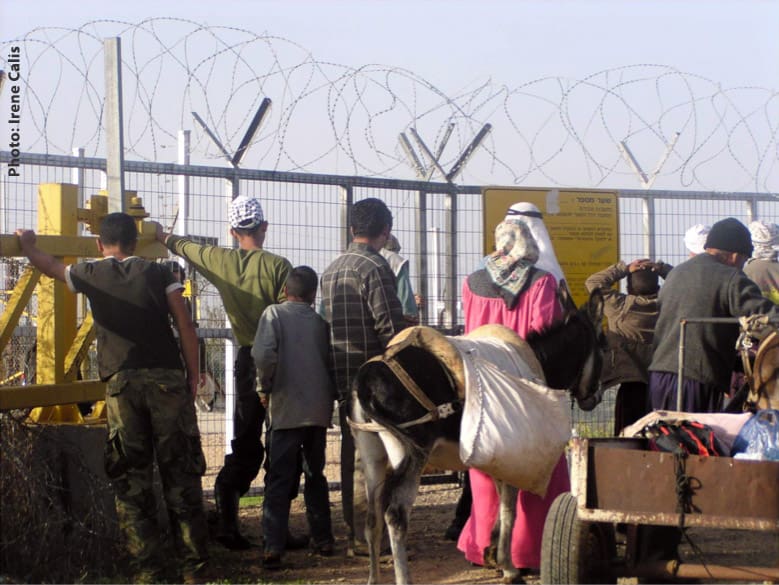
The frequent comparisons of Israel with Apartheid South Africa may obscure more fundamental questions Palestinians should be asking. From her present base in today’s South Africa, where “whiteness” still lives on the back of “blackness”, Al-Shabaka Policy Member Irene Calis argues that the post-Apartheid moment should alert Palestinians to take stock and reframe both the form of their campaigns as well as the terms of any proposed resolution.
PLO/Palestine: Time to Stop Buying Time
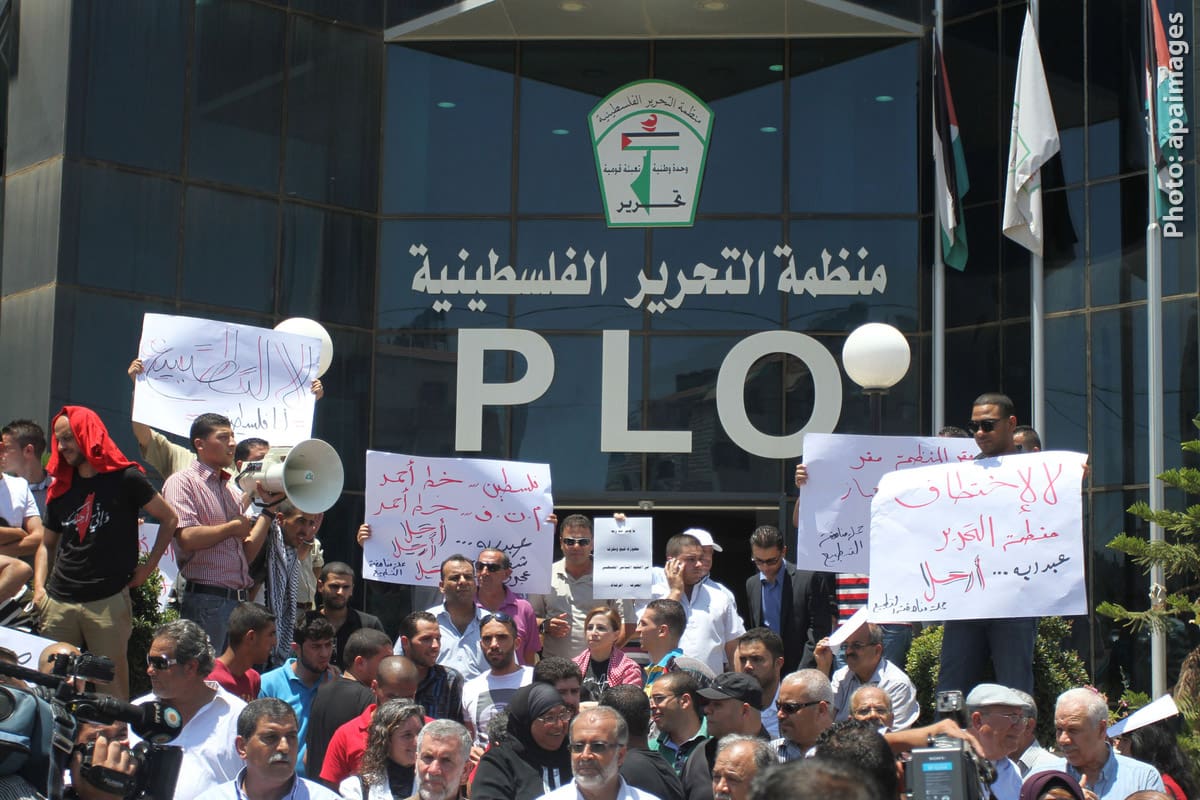
The Palestine Liberation Organization and Palestine are constantly seeking new approaches to stop Israeli violations and secure Palestinian rights. But the tools already exist: They just aren’t being used to best effect, as Al-Shabaka Executive Director Nadia Hijab and Policy Advisor Diana Buttu point out. With Jerusalem burning, Gaza assaulted and under siege, and the West Bank remorselessly colonized, there is no more time to waste.
What Forces Shape the Palestinians of Gaza?
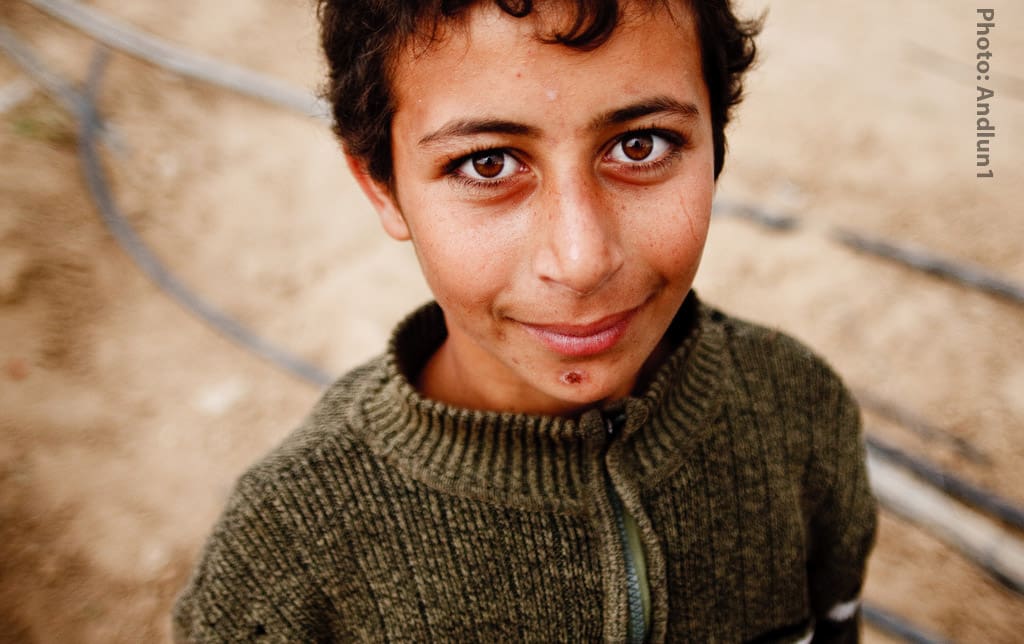
Despite the horrific death and destruction that Israel visited upon Gaza, it was not able to achieve its aims, due in part to a unified stand by Palestinian resistance factions. Al-Shabaka Policy Advisor Randa Farah draws parallels to a 13th century battle in examining the forces, past and present, that have shaped the Palestinians of Gaza and sets the Palestinian cause in its regional context.
Another Casualty of Israel’s Wars: Palestinians’ Right to Education
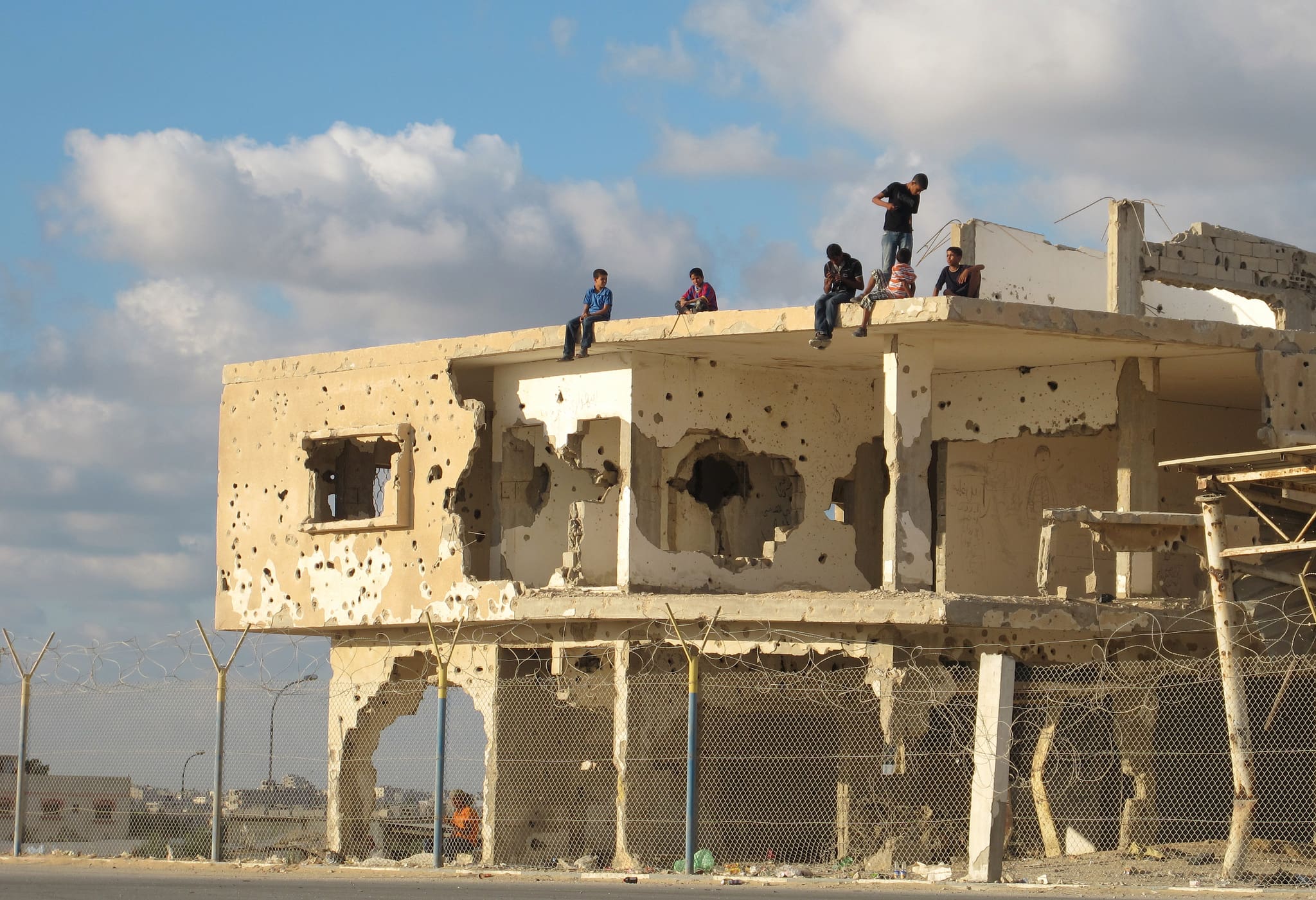
Palestinian educational institutions, faculty, and students have not been spared the violence of Israel’s military crackdown across the Occupied Palestinian Territory this summer. Campus raids, the confiscation of student property, and airstrike damage to schools are just some examples of Israel’s recent acts of aggression against education.
Bartering Palestine for Research
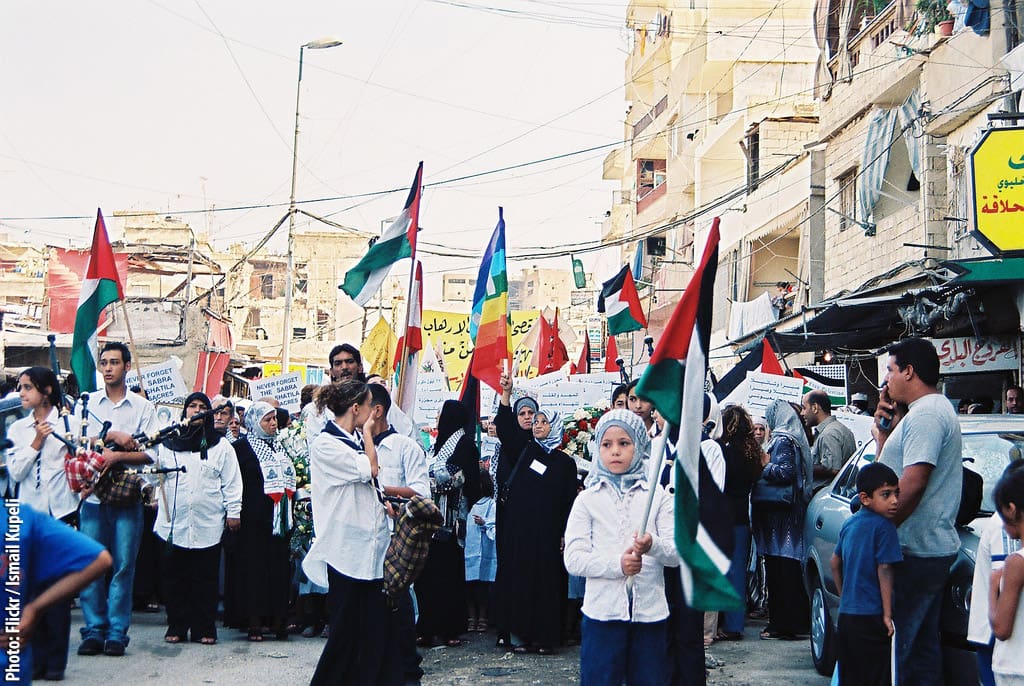
All eyes are focused on the bloodshed in the Occupied Palestinian Territory, but the civil war in Syria continues to rage, making Shatila Refugee Camp in Lebanon – yet again – a destination for Palestinians and others fleeing conflict. Such collective tragedies have made Shatila one of the most heavily researched communities in the world. Policy Member Mayssun Succarie examines the negative impact that over-research has had and concludes that sometimes conducting no new research is the most appropriate response.
Israel’s West Bank Operation: Causes & Consequences
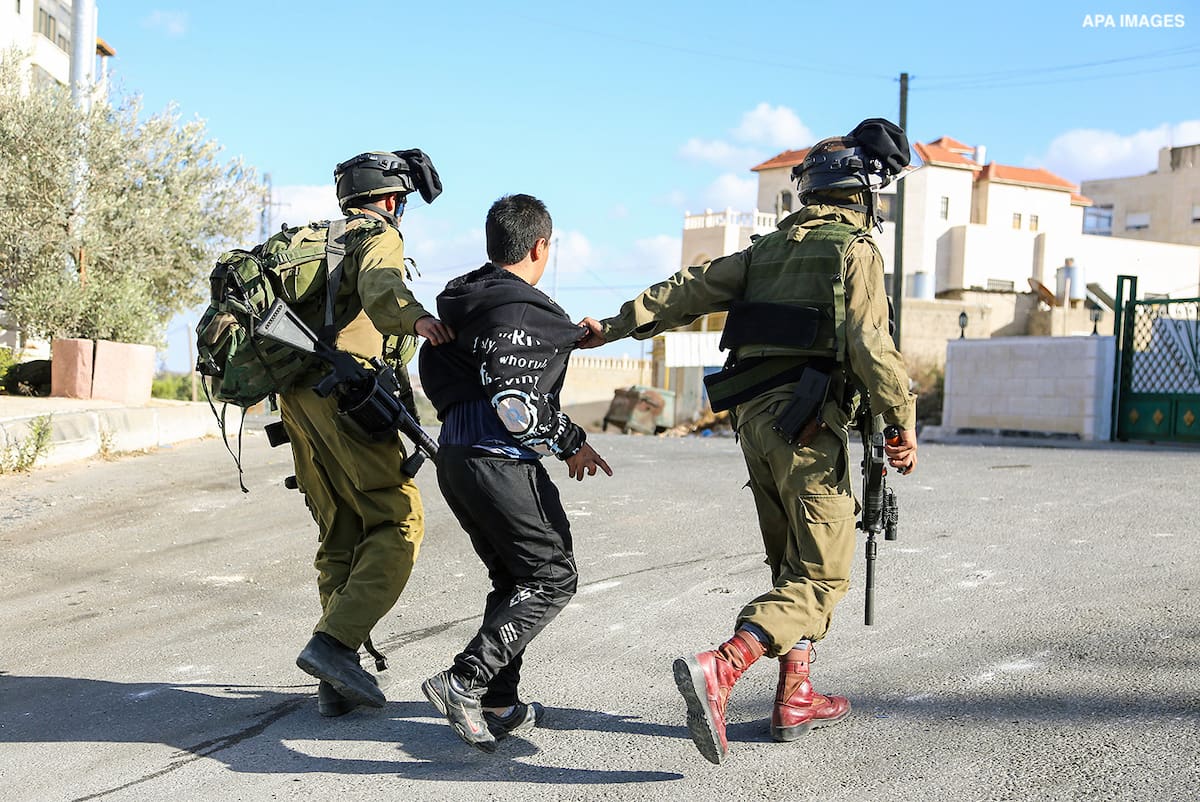
Many have speculated that Israel’s largest West Bank offensive since the 2nd Intifada had among its aims the provoking of mass unrest at a time when Palestinians remain fragmented and can be more easily beaten down, notes Policy Advisor Mouin Rabbani. He argues that only a dynamic Palestinian strategy that includes internationalization and the rebuilding of national institutions can arrest and reverse Israel’s impunity in its dealings with the Palestinian people.
From Our Facebook Balconies, the Dark Heart of Al-Yarmuk
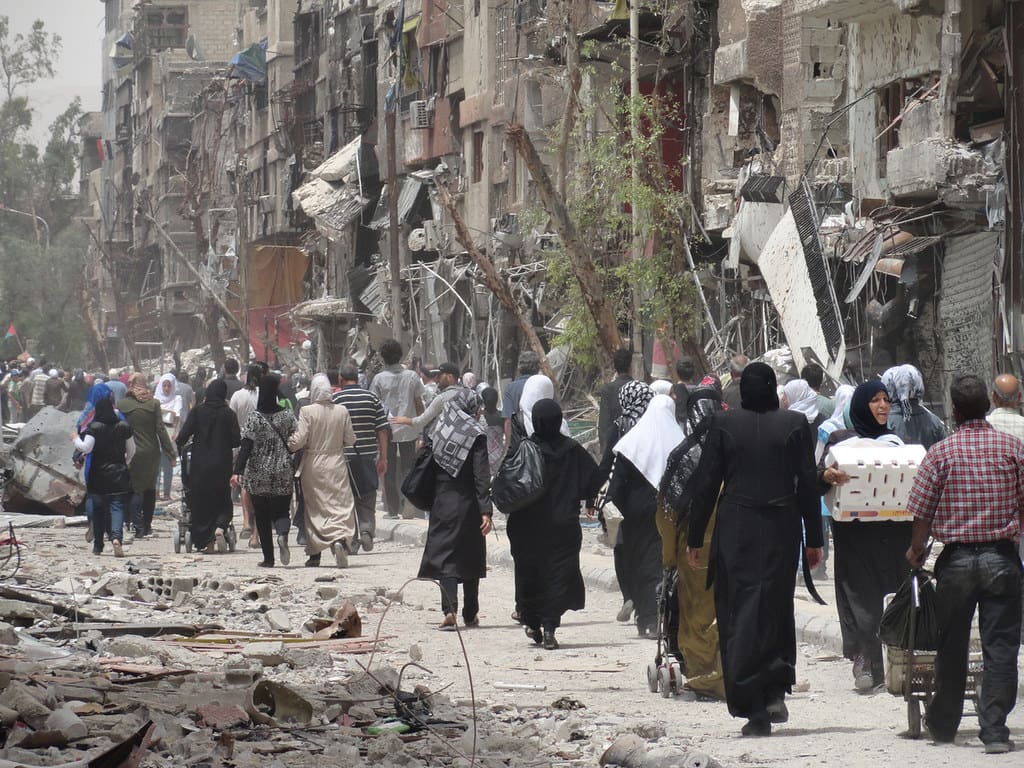
The Syrian civil war has seen some 270,000 Palestinians flee their homes, many for multiple times. The discrimination they face as they seek refuge has had little attention. From a Syrian-Palestinian perspective, Al-Shabaka Policy Member Ahmad Diab draws on the siege of Al-Yarmuk as a new symbol of Palestinian suffering and maps the profound effects this conflict has had on the entire Syrian Palestinian community.






